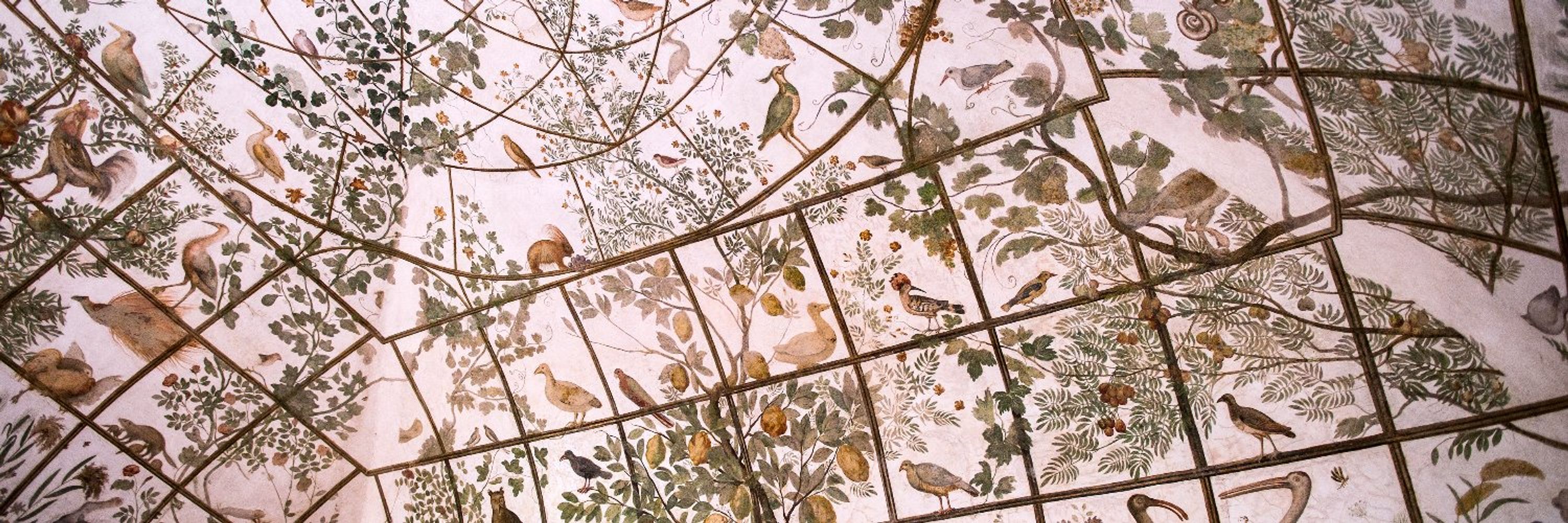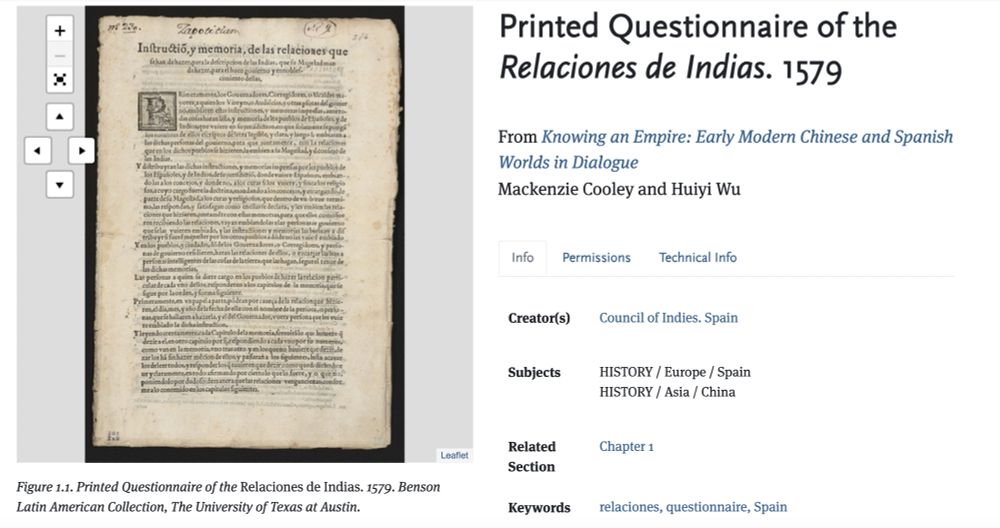Mackenzie Cooley
@mackenziecooley.bsky.social
50 followers
16 following
28 posts
Renaissance woman by profession. Associate Professor
@HamiltonCollege. Director of the New World Nature Project https://mackenzie-cooley.com
Posts
Media
Videos
Starter Packs
Reposted by Mackenzie Cooley
Reposted by Mackenzie Cooley













